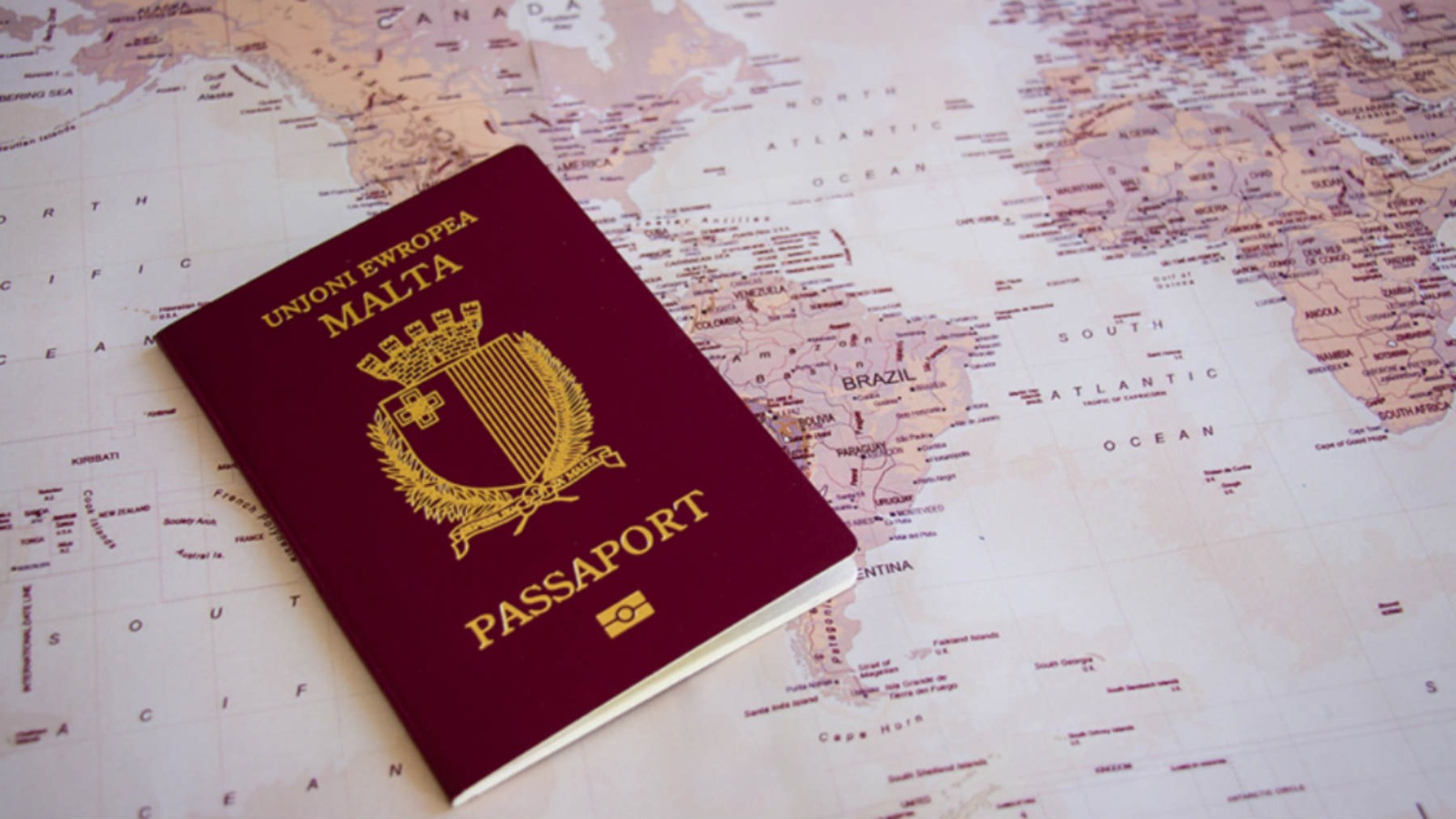Malta’s low birth rate is an “existential challenge” that will have a profound effect on its economic and social fabric, according to a new book published by the Parliament of Malta and the Malta Employers’ Association (MEA).
During a press conference held on Monday (today), a book containing the interventions and contributions made by all participants of the National Conference on Low Birth Rate in Malta held in July 2023.
Speaker Anġlu Farrugia said: “A country, a people and a nation without children should be considered dead and without the future. When we look at the small size of our country, each person has a higher value dimension. Intellectual faculties, rich knowledge and values, educational skills, professions, crafts and other physical abilities give Malta and Gozo all that is necessary to aspire to a dignified and truly sustainable living.”
He recalled the love Maltese and Gozitans have for the family, saying that this “should be seen as the core of every society.”
Speaker recalled the appeal that had been made to address the problem of the price of property, which is leading to great difficulties for young people to form their family.
On their part, MEA officials spoke about the effect the low birth rate can have on the economy and the social situation in Malta. They noted that the average age of Maltese workers is rising, leading to an economic dependence on foreign workers.
The MEA stressed the importance of achieving a balance between young workers and those with more experience, arguing that young Maltese workers are known for their flexibility, innovation and skills.
However, it also acknowledged that other countries are in similar circumstances to Malta, which means that the country must compete to raise, retain and attract the best workers.
Malta’s R&D spend stays level at 0.6% of GDP
Total expenditure of research and development amounted to €121 million in 2023, an increase of €16.1 million
Most Maltese scam victims don’t know about dispute resolution service, study finds
In this day and age ignorance costs, as scammers are getting increasingly clever
Extreme heat set to leave 2.5% dent in Malta’s GDP by mid-century
The country is set to see GDP impacts from extreme heat






